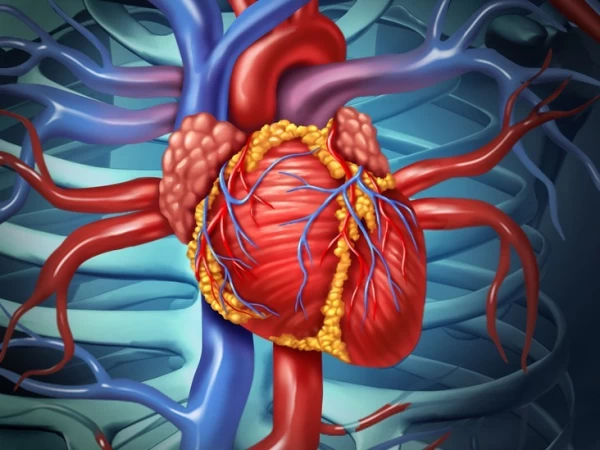
It is one of the most important life-saving surgeries carried out nowadays. With the introduction of modern technology, it has a general risk of 1% to 5 % which is as good as any other surgical procedure performed today. In this kind of surgery, heart surgeons open the chest of the individual and carry out surgery on the heart's internal structures.
Because of the introduction of technologically sophisticated heart surgery techniques, some techniques have evolved such as minimally invasive heart surgery (MICS) where incisions are significantly smaller, much less traumatic and cosmetically much better.
People experiencing major heart conditions like heart failure and heart attack are usually recommended an open-heart surgery from a trusted hospital. Though the surgery is typically called a 'bypass surgery', it also conducted to treat several health issues in the heart.
Below is a brief discussion on what you need to know about open-heart surgery.
Why is it needed?
Open-heart surgery is primarily done to treat people struggling with coronary artery disease which predicts heart attack. Though, there are also many other conditions where heart surgery is needed, including:
A problem in the valves
Complications in the main vessel of the heart
Replacement of a damaged heart with a donor's heart
What are the Different Kinds of Open-heart Surgeries?
Depending upon the health problems, there are different kinds of open-heart surgeries. A few of the common ones include:
Coronary Artery Bypass Grafting:It is the most general kind of heart surgery and is carried out to give alternative routes of blood supply to the heart. The healthy artery is normally taken from chest, arms or legs.
Heart Valve Repair or Replacement:This heart surgery is done to mainly repair the valve or replace it with a biological valve or metallic valve.
Arrhythmia Treatment:Arrhythmia is a health condition where the heart does not beat in a normal rhythm. A pacemaker or an ICD is placed inside the body during the course of surgery to overcome the irregularity of the heartbeats. Arrhythmia ablation therapies are now readily available with cutting edge modern technology and expert surgeons.
Heart Transplant:This surgical procedure treats complex heart failure by replacing the damaged heart with a healthy heart from a dead donor.
What Happens Before an Open-heart Surgery?
The primary thing is to discuss the doubts and plan the surgery with the surgeons. Though, this is not possible in cases where urgent heart surgery is needed. For example, in case an individual has been detected with the heart attack symptoms because of blocked coronary arteries, doctors need to execute heart bypass surgery to save a life.
A few of the steps a patient is needed to take to maximize the success of the surgery include things like - having a balanced diet, giving up smoking and exercising. The patient is also needed to go through a number of lab tests including blood tests.
On the day of surgery, the individual has to go through a number of tests including an EKG (electrocardiogram), chest X-ray, and blood tests. The skin of the individual is also sanitized to lower the risk of any infection. The surgery is executed with general anesthesia and the individual is kept in the ICU for 1-2 days before being moved to the nursing ward.
What Happens During Open-heart Surgery?
In conventional open-heart surgery, the heart surgeons make a 6 to 8 inch cut in the middle of the chest through the breastbone making use of a surgical blade. Once the heart is in sight, the heart surgeons begin the surgery. In the event of a coronary artery bypass surgery, the heart surgeons give alternate routes of blood supply via conduits (vessels) harvested making use of microscopic surgical instruments. Occasionally in complicated and challenging case scenarios surgeons also utilize a heart-lung bypass machine at the time of the surgery. This machine temporarily manages the functions of the heart during the surgery.
Right after the surgery, heart surgeons use wire sutures to seal the breastbone. The incision is then stitched very carefully. The surgery generally takes around 3 to 6 hours depending upon the complexity.
What to Expect After the Surgery?
Open-heart surgery is a big operation, and thus it needs close and careful monitoring once it is carried out. The individual is normally shifted to the Intensive Care Unit (ICU) for necessary care. The complete recovery may take a few weeks. Throughout the recovery period, the individual needs to follow the instructions provided by the doctors and consume the prescribed medicines routinely. In most cases, the doctors also suggest the patient take part in cardiac rehabilitation for a much better and faster recovery.
A successful open-heart surgery not just cures this serious condition, but also restores the health and wellness of the individual.